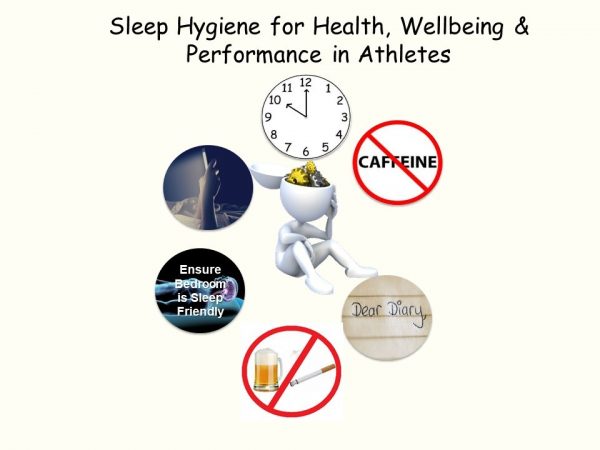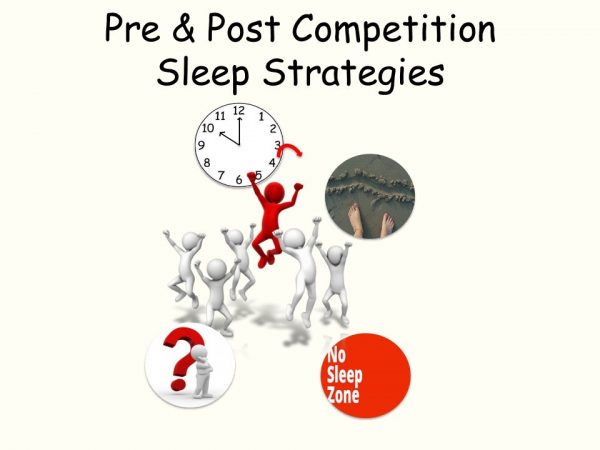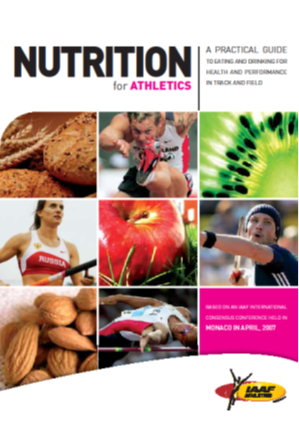“The will to win is important, but the will to prepare is vital.” – Joe Paterno
How can I spot signs of some common health issues?
Here are links to some useful sites that help parents spot signs of some common health issues. These are external links, but come from excellent reputable sources.
Eating Disorders from Bodywhys UK link
Social Media Health
We are all becoming aware of the challenges that there are for young people with the pervasiveness of Social Media in their lives. It is particularly challenging for young athletes as they can often be more high profile than their peers and therefore be vulnerable to criticism and trolling. Social media can often be a home for ill-informed anonymous comment and this is particularly the case where performances are reviewed and commented on by those that have no expertise in the area. It is an irony that often Athletes can pay more heed to the negative online comments than to those positive ones in the changing room. One tool to make Parents/Guardians more aware of some social media skills they can help their children with is available at link.
Sleep
Sleep is crucial for the health well-being and performance of athletes. Dr. Giles Warrington Head of Department, Physical Education and Sports Sciences Department at the University of Limerick, and EMPATIA team member offers some useful tips for everyone “sleep hygiene” is important.

- Moderate exercise on a regular basis: walking, jogging, swimming … it can help relieve some of the tension built up over the day.
- Caffeine interferes with the process of falling asleep and disrupts deep sleep. Have a warm milky drink or herbal tea as an alternative.
- Alcohol is a sedative and nicotine is a stimulant, both will lead to disruptive sleep!
- Keep a consistent sleep schedule. Have a regular bedtime.
- The number of hours of sleep before midnight helps sleep quality.
- Create a restful sleep environment.
- Reduce light exposure 30 mins before bed time.
- Put electronic devices away. Blue light disrupts sleep.
- Phone on silent turned upside down –out of reach.
- Your bedroom is a sanctuary, it should be cool, dark and quiet.
- Keep your room for sleep, not study.
- Avoid smoking & alcohol.
- Avoid training/ vigorous exercise 2 hours before bed time.
- Stay away from big meals at night.
- Minimize caffeine intake in evening.
- Don’t take in too many liquids in evening.
- Use a diary to note down tasks that come into your head. You can then deal with them tomorrow. This quietens your mind.
- Keeping a periodic sleep diary can also be helpful.

Some good tips to pass on to the Dual Career athlete on pre and post competition or exam sleep strategies
- If you have a late start to your event you don’t have to stick to normal routine. You compress your sleep-higher quality in less time.
- Reflect on competition within 2 hours window. Have take home messages and positives . Then move on.
- Try have a physical boundary between competition and sleep. Shower before bed or short walk in evening to clear your mind.
- Try stay awake with boring task, like counting backwards. Try reading to try kick start sleep process. You can rest in bed which is better than up with TV.
How can I support healthy eating and nutrition?
Tips for Parents/Guardians to encourage and supporting healthy eating
It is important for the athlete to consult a registered dietitian with experience of sports nutrition. One of the key skills that any Parent/Guardian can pass on to a child is how to cook and how to cook healthily. A good relationship with food is critical to athletes. Making sure they are properly fueled for the demands of training and study. Making sure you eat well is as much about planning and some basic skills as it is about having the right nutrition plan. So be prepared. One of the simplest things you can do is to make sure you shop weekly and have good ingredients to hand to maintain healthy nutrition. This is an area that Parent/Guardian of athletes themselves need to be skilled and knowledgeable in as often they are the head chef and chief nutritionist for an athlete who is still living with their Parents/Guardians.
Shopping list for athletes
The links below are examples of healthy shopping list that can be a useful guide and help for athletes. This list can create some good habits and a healthy eating environment for the athlete when they have to independently cook and shop for themselves.
UC San Diego Athletic Performance Nutrition Guide – Food Shopping List
This is an excellent resource available on the internet for athletes from the International Athletics Federation.
See chapter with regard to anti doping awareness. Athletes should take advice from a registered dietitian before they take any supplements and should know the ingredients and source of the product and remember they are liable for any product they take under anti doping rules.
HOW: Self management checklist
☐ I better understand my role in supporting a self-managing Dual Career athlete.
☐ I can better support the Dual Career athlete to better manage their time.
☐ I have more information and tools to help the Dual Career athlete to better budget.
☐ I feel I have more information to help me better support the Dual Career athletes health and well-being.
☐ I feel I can support the healthy eating and nutrition of the Dual Career athlete better.
☐ I know more about anti-doping issues and my role as a Parent/Guardian.

